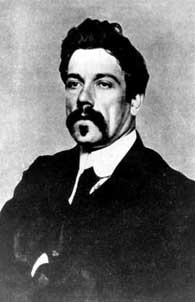A Quote by Kazuo Ishiguro
I want my words to survive translation.
Quote Topics
Related Quotes
I want to feel both the beauty and the pain of the age we are living in. I want to survive my life without becoming numb. I want to speak and comprehend words of wounding without having these words become the landscape where I dwell. I want to possess a light touch that can elevate darkness to the realm of stars.
In translation studies we talk about domestication - translation styles that make something familiar - or estrangement - translation styles that make something radically different. I use a lot of both in my translation, and modernism does both. For instance, if you look at the way James Joyce presents Ulysses, is that domesticating a classic? Think of it as an experiment in relation to a well-known text in another language.
I want you to understand the words. I want you taste the words. I want you to love the words. Because the words are important. But they're only words. You leave them on the paper and you take the thoughts and put them into your mind and then you as an actor recreate them, as if the thoughts had suddenly occurred to you.





































